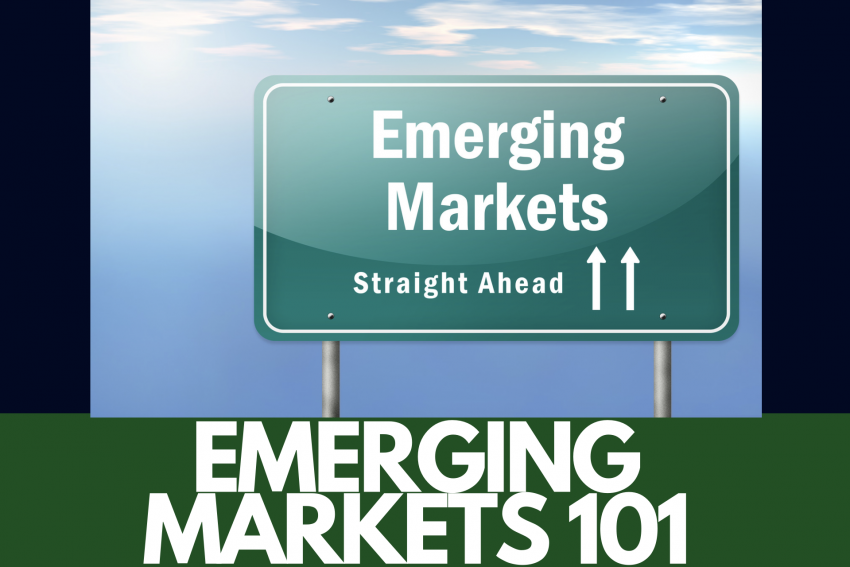Emerging markets, also known as emerging economies or developing countries, refer to countries that are in the process of rapid industrialization, economic growth, and infrastructure development. These countries typically have lower per capita income levels, and their economies are undergoing significant transformation.
The term “emerging markets” is not strictly defined and can vary depending on the context and the organization using the term. However, it generally encompasses countries that exhibit the following characteristics:
- Economic Growth Potential: Emerging markets have the potential for rapid economic growth due to various factors such as abundant natural resources, a growing population, technological advancements, or political reforms. They often experience higher GDP growth rates compared to developed economies.
- Industrialization and Urbanization: These markets typically undergo a shift from agrarian-based economies to industrial and service-based economies. They witness a rise in manufacturing activities, urbanization, and infrastructure development.
- Market Reforms and Liberalization: Many emerging markets have implemented economic reforms to attract foreign investment, improve trade relations, and liberalize their markets. These reforms may include deregulation, privatization, and opening up to international trade.
- Increasing Consumer Base: Emerging markets often have a large and growing middle class, which leads to increased consumer demand for goods and services. This expanding consumer base presents opportunities for businesses and investors.
- Financial Markets Development: These markets aim to develop and strengthen their financial systems, including stock exchanges, banking sectors, and regulatory frameworks. This enhances access to capital, improves liquidity, and facilitates investment activities.
- Political and Regulatory Risks: While emerging markets offer growth prospects, they also entail risks related to political instability, corruption, legal frameworks, and regulatory environments. These risks can affect investor confidence and economic stability.
Some examples of well-known emerging markets include Brazil, Russia, India, China (referred to as the BRIC countries), South Africa, Mexico, Indonesia, Turkey, and many countries in Southeast Asia, Africa, and Latin America.
It’s important to note that the status of emerging markets is not static, and countries can transition from being emerging markets to becoming developed economies over time as they achieve higher levels of economic development. For more information on the opportunities and risks of investing in emerging markets, click here.




